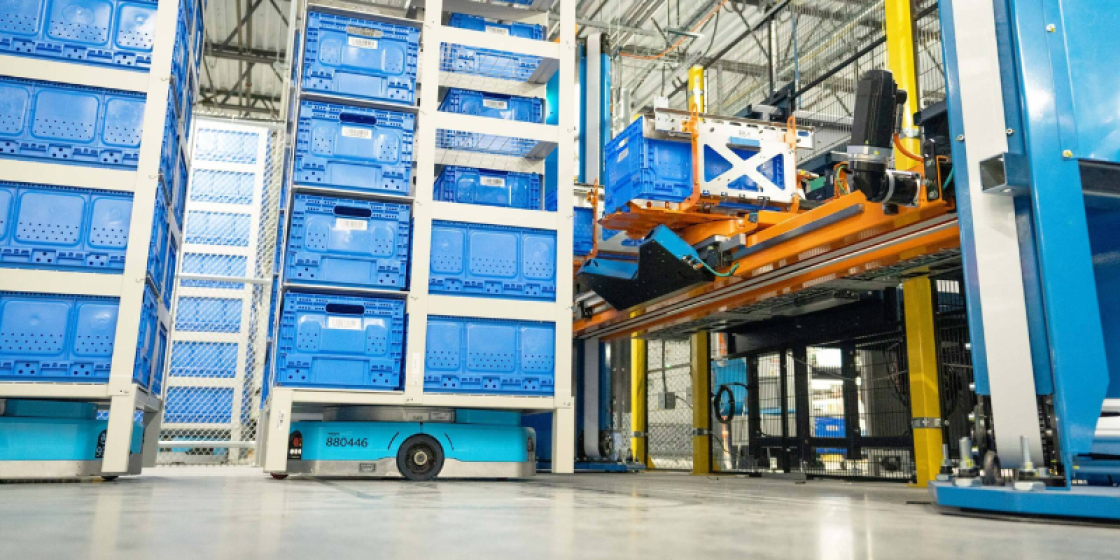Generation and Serving systems at Amazon
As of September 2024, Amazon rolled out Rufus in the UK and EU, its new AI shopping assistant which has been available since February in the US. Still in beta, Rufus is baked directly into the Amazon app and desktop site, and it’s changing how customers search, compare, and buy products online. Early data shows Rufus handled 274 million questions a day in October, already 13.7% of Amazon’s daily searches, with forecasts suggesting it could power 1 in 3 searches globally by 2026.
How Does Rufus Work?
Ask anything: Shoppers can pose natural questions like “What’s the best running shoe for flat feet?” or “What does 144Hz mean on a monitor?”
Smart responses: Rufus explains specs, compares products, summarises reviews, and even tracks 30–90 day pricing trends.
Guided discovery: Instead of endless scrolling, customers get tailored recommendations and suggested follow-up questions.
Sources: Beyond Amazon listings, Rufus may draw on brand sites, review blogs, forums, and media outlets to deliver richer answers.
Why It Matters for Brands
Visibility: Traditional keyword SEO isn’t enough. If listings aren’t written in natural, benefit-led language, they may never surface in Rufus recommendations.
Trust factor: Rufus highlights customer reviews, Q&As, and real-world use cases which means authentic feedback has more influence than ever.
Conversion funnel: Shoppers are less likely to scroll. AI-curated suggestions could dominate category-level results.
The Tambo Optimisation Approach
Natural language in titles & bullets
Specific benefits, demographics, and use cases woven into copy.
Seeding Q&A with real customer-style questions
Intent-led search terms
Images in A+ that highlight product details and use cases, Alt Text in A+ images is a thing of the past!
Bigger Picture
Rufus is shifting Amazon search from keyword-matching to intent-driven, conversational AI. Early movers who adapt product listings now will capture share as the tool is more widely adopted. Brands that don’t optimise risk being invisible to up to a third of future Amazon customers.
Now is the time to ask yourself the question, are you optimised for AI?



